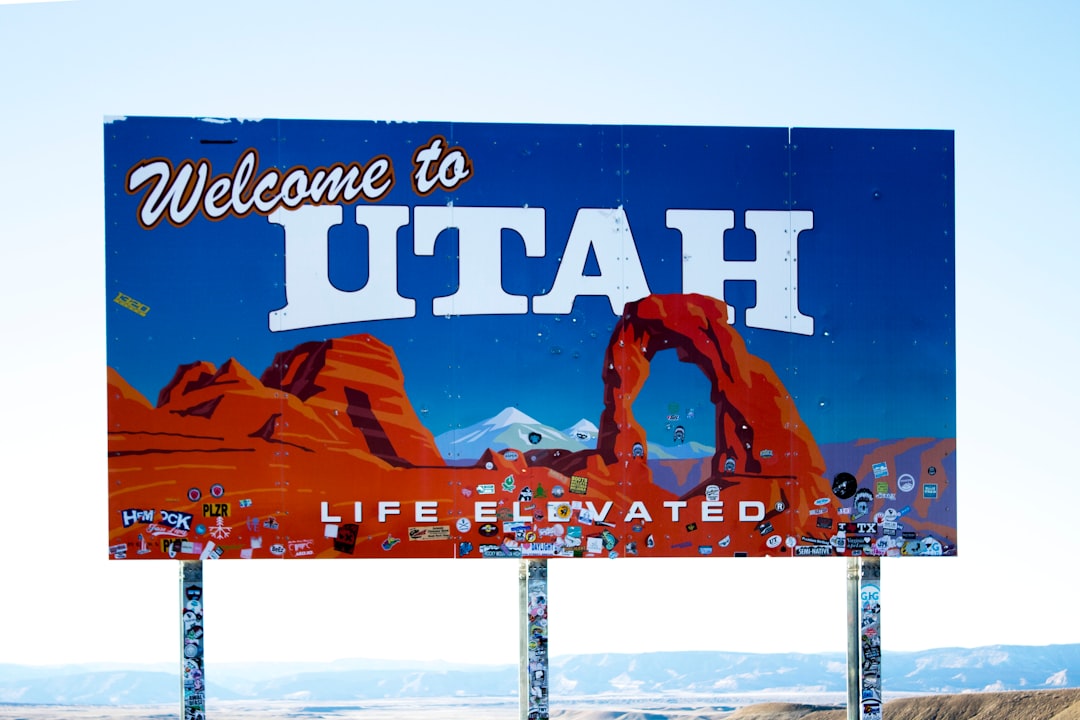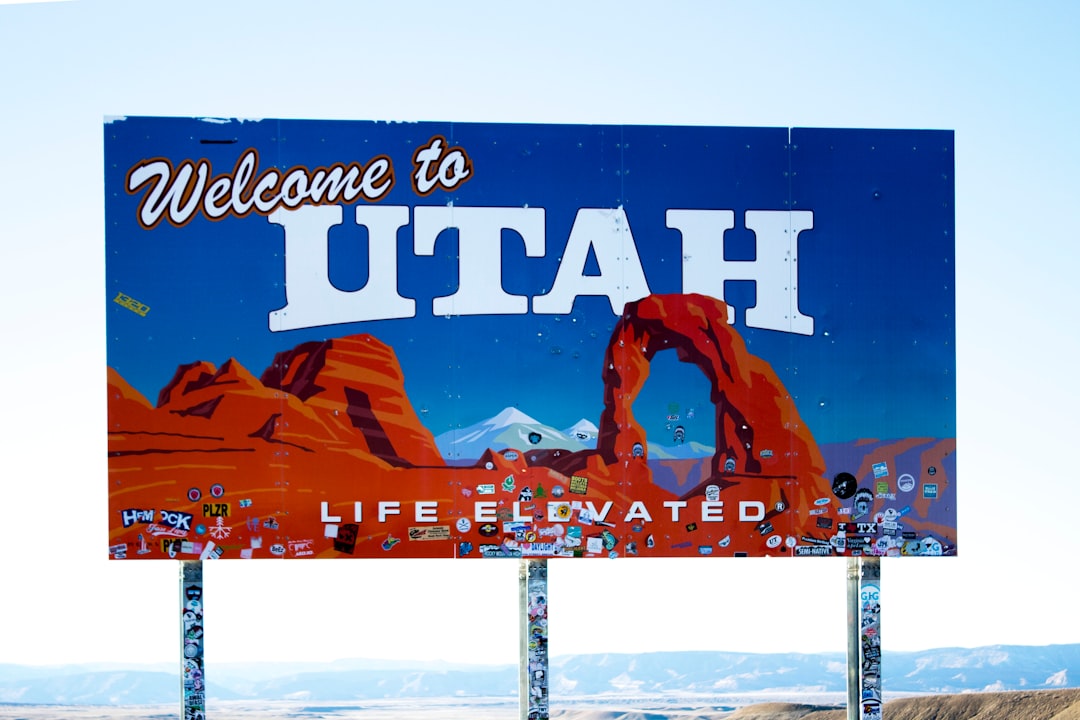Utah has enacted a strict spam call law targeting legal entities, mandating prior consent for automated marketing calls to protect residents from fraudulent and unwanted phone calls. The state's legislation focuses on telemarketing practices, balancing privacy rights with business interests. Law firms operating in Utah must implement stringent measures under the TCPA, including obtaining explicit consent, using technology to track and block unwanted communications, and conducting regular staff training. Individuals and businesses can mitigate spam calls by registering on the National Do Not Call Registry, using call-blocking tools, and documenting incidents for reporting.
Utah residents are increasingly plagued by spam calls, a growing concern that demands attention. This article delves into the world of unwanted telemarketing, exploring both the legal landscape and practical strategies for protection. We analyze Utah’s anti-spam legislation, providing insights for law firms on compliance and client safeguarding. Furthermore, we offer effective methods to mitigate and respond to spam calls, empowering individuals and businesses alike to reclaim control in this digital age, focusing specifically on best practices for Spam call law firms Utah.
Understanding Spam Calls: A Growing Concern in Utah

Spam calls have become a growing concern in Utah, with many residents experiencing an influx of unwanted and often fraudulent phone calls from law firms. These spam calls can be particularly distressing, as they not only invade personal space but also pose potential risks to consumers’ financial security. Many of these calls are designed to deceive recipients into providing sensitive information or making hasty decisions, often related to legal matters or financial obligations.
In response to this rising issue, Utah has implemented a strict spam call law, aiming to protect its residents from such harassment. The state’s legislation requires law firms and similar organizations to obtain prior consent before initiating automated phone calls for marketing purposes. This means that unless you have given explicit permission, you should expect fewer intrusive calls, especially from legal entities. Residents can take comfort in knowing they have recourse against these nuisance calls and can report them to the relevant authorities.
The Legal Framework: Anti-Spam Legislation in Utah

In Utah, the fight against spam calls has been strengthened by comprehensive anti-spam legislation designed to protect residents from unwanted and nuisance phone calls. The state’s laws aim to balance consumer privacy rights with legitimate business practices, ensuring a harmonious business environment while safeguarding individuals from invasive marketing tactics. Key provisions target telemarketing practices, requiring businesses to obtain explicit consent before initiating automated or prerecorded calls.
These regulations specifically impact law firms operating in Utah, mandating compliance to avoid potential penalties. Law firms must implement robust do-not-call measures and ensure their third-party vendors adhere to state guidelines. By adhering to these stringent rules, Utah’s legal community contributes to a more transparent and consumer-friendly business landscape, fostering trust among clients while effectively combating the scourge of spam calls.
How Law Firms Can Comply and Protect Their Clients

To comply and protect their clients, law firms in Utah must implement robust measures to mitigate the risks associated with spam calls. This includes ensuring strict adherence to Telephone Consumer Protection Act (TCPA) guidelines, which regulate automated phone calls and text messages. Law firms should establish comprehensive do-not-call lists, obtain explicit consent from clients for any marketing or informational calls, and employ technology that allows for precise tracking and blocking of unwanted communications. By prioritizing client privacy and consent, law firms can safeguard their reputation and avoid legal repercussions stemming from spam call regulations.
Moreover, integrating secure communication channels and data encryption techniques ensures that sensitive client information remains confidential during phone interactions. Regular training sessions for staff on TCPA compliance and best practices for handling client communications are essential. Law firms should also implement robust internal policies that define acceptable use of contact methods, promote informed consent, and provide clear avenues for clients to opt-out or report excessive or unwanted calls. These proactive steps not only help law firms comply with spam call laws but also foster a culture of transparency and trust with their clientele.
Strategies to Mitigate and Respond to Spam Calls Effectively

Spam calls can be a significant nuisance and, in many cases, a violation of privacy. To combat this issue, individuals and businesses alike should implement effective strategies to mitigate and respond to spam calls. One crucial step is to register on the National Do Not Call Registry, which helps block automated calls from known telemarketers. Additionally, using call-blocking apps or features offered by your service provider can significantly reduce the volume of unwanted calls.
For businesses, especially law firms in Utah, it’s essential to have robust systems in place that filter incoming calls and employ advanced technologies to identify and block spam. Training employees on how to handle suspected spam calls is also vital. When a spam call is received, the best course of action is to let it go to voicemail, avoid pressing any buttons, and never provide personal information under any circumstances. Documentation of these incidents can be useful for further action, such as reporting the spammer to regulatory authorities or seeking legal counsel.






